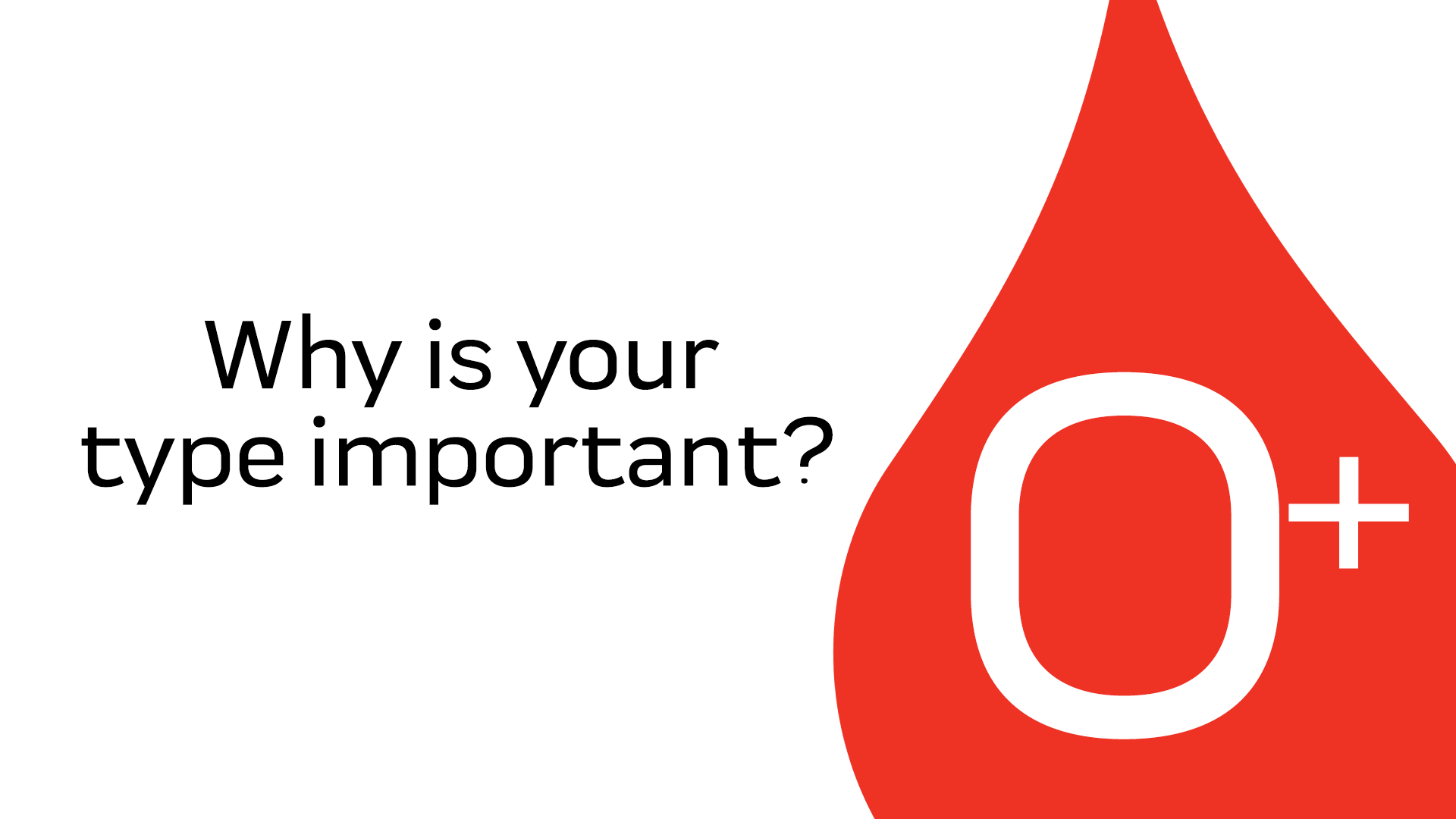There are many benefits to having O positive blood, and many people with this blood type are unaware of them. For example, did you know that O positive blood is the most common blood type in the world? This means that if you have O positive blood, you’re more likely to be able to donate blood to people with other blood types.
Did you also know that people with O positive blood have a lower risk of developing certain diseases? Studies have shown that people with O positive blood are less likely to develop certain types of cancer, and that they have a lower risk of heart disease.
So, if you have O positive blood, you’re in luck! Not only are you able to help others by donating blood, but you’re also less likely to develop some serious health conditions.
The Universal Donor: Why O Positive Blood is in High Demand
When it comes to blood transfusions, there is no such thing as a one size fits all solution. Different blood types are compatible with different patients, and in some cases, certain blood types are more in demand than others.
One blood type that is always in high demand is O positive. O positive blood is the universal donor blood type, which means it can be transfused to patients with any other blood type. This makes O positive blood a valuable resource in medical emergencies when time is of the essence and there is no time to determine a patient’s blood type.
There are a few reasons why O positive blood is such a valuable resource. First, O positive blood is relatively common. Around 38% of the population has O positive blood, which means there is a greater chance that O positive blood will be available when it is needed.
Second, O positive blood can be transfused to patients with any other blood type. This makes it a valuable resource in medical emergencies when time is of the essence and there is no time to determine a patient’s blood type.
Third, O positive blood is less likely to cause an allergic reaction in patients. This is because the antigens that can cause an allergic reaction are present in lower levels in O positive blood.
For these reasons, O positive blood is always in high demand. If you have O positive blood, consider donating to your local blood bank. You could be saving a life!
The Risks Associated with O Positive Blood
There are many different blood types, and each one comes with its own set of risks. One of the most common blood types is O positive, and there are a few different risks associated with this blood type.
One of the risks associated with O positive blood is that it is more likely to clot. This can be dangerous if a clot forms in the brain or heart, as it can lead to a stroke or heart attack. O positive blood is also more likely to cause anemia, which can be dangerous if not treated.
Another risk associated with O positive blood is that it is more likely to be rejected by the body. This can happen when someone with O positive blood receives a transfusion of blood that is not compatible with their blood type. This can be dangerous and even life-threatening.
Finally, O positive blood is also more likely to carry certain diseases and infections. This includes diseases like HIV and hepatitis C. It is important to get tested for these diseases if you have O positive blood, as they can be very dangerous.
Overall, there are a few different risks associated with O positive blood. However, it is still a very common blood type, and there are many people who live healthy lives with this blood type. If you have O positive blood, it is important to be aware of the risks and to get tested for diseases that you may be more likely to contract.
The myths and misconceptions about O Positive Blood
There are many myths and misconceptions about O positive blood type. Let’s debunk some of the most common ones:
Myth #1: O positive is the most common blood type.
Fact: While O positive is the most common blood type in the world, it is not the most common blood type in all populations. For example, in the United States, O positive blood is only about 38% of the population.
Myth #2: O positive blood is “the universal donor.”
Fact: O positive blood can be transfused to people with other blood types, but it is not “the universal donor.” People with O negative blood are the universal donors because their blood can be transfused to people with any blood type.
Myth #3: People with O positive blood are “super donors.”
Fact: There is no such thing as a “super donor.” People with O positive blood have red blood cells that are compatible with most people, but they are not a universal donor.
Myth #4: O positive blood is rare.
Fact: O positive blood is not rare. In fact, it is the most common blood type in the world.
If you have any questions about blood donation or blood type, please contact your local blood bank or Red Cross.
A: O positive is a blood type that is determined by the presence of certain antigens on the surface of red blood cells. People with O positive blood have both the O antigen and the Rh antigen, making it one of the most common blood types worldwide.
A: It depends on the type of blood the donor has. O positive individuals can receive blood from O positive donors, as well as from O negative donors, which is considered the universal donor type. However, they cannot receive blood from donors with A, B, or AB blood types.
A: Having O positive blood does not necessarily put you at a greater risk for health problems. However, individuals with O positive blood may be at a higher risk for developing certain types of cancers, such as stomach cancer and pancreatic cancer.
A: O positive blood can be donated to individuals with the same blood type (O positive), as well as to those with AB positive blood, which is considered the universal recipient type. However, O positive blood cannot be donated to individuals with A, B, or AB negative blood.
A: O positive is one of the most common blood types worldwide, with around 37% of the global population having this blood type. It is most commonly found in individuals of African and European descent.

